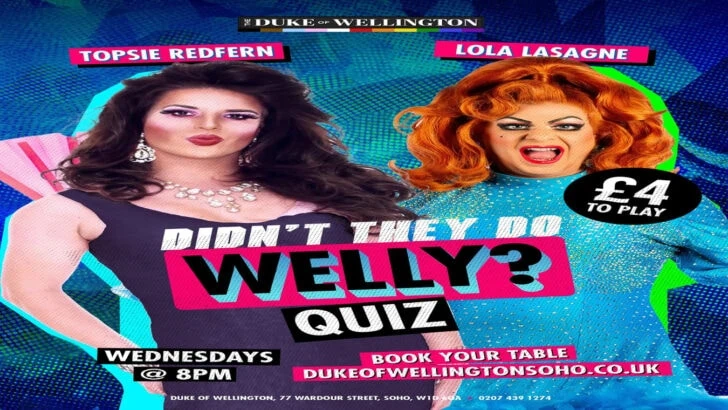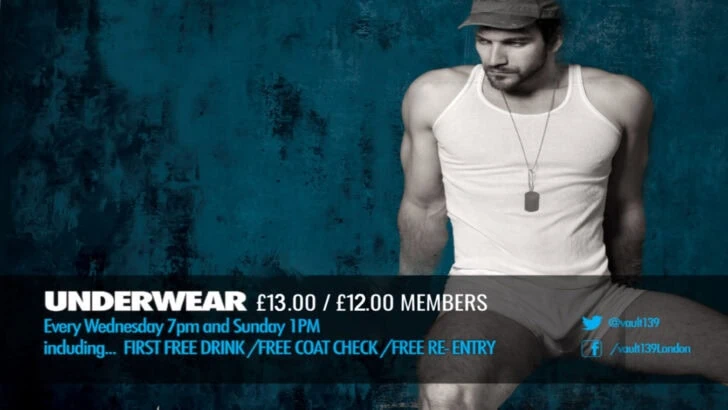Last week saw the publication of the Trades Union Congress’ report into how the Coalition government’s austerity cuts are affecting LGBT services. Its findings were stark and disappointing. We spoke to Peter Purton of the TUC to find out more.
By Patrick Cash
Why was the TUC report commissioned in the first place?
The impact of cuts on the LGBT community was not being addressed by anyone and we want to encourage a response from the LGBT community similar to the austerity resistance there has been from disabled people, minority ethnic groups and women’s organisations. The TUC felt that a study of the impact on the LGBT voluntary and community sector (VCS) would provide us with the information needed to generate a response.
What LGBT services specifically have been affected by the austerity cuts?
We were particularly concerned to find out what was happening to services provided for the most at-risk sections of the community on areas like housing, mental health, HIV/sexual health, hate crime etc. The findings showed that all sectors have been affected – some have been more successful than others in securing alternative funding, but all types of service in many parts of the country have been affected.

LGBT services started out as a very small part of total voluntary sector funding – just 4p in every £100 – and the reliance of services on statutory sources is quite highly relative to other voluntary sectors. This makes LGBT services especially vulnerable to the year-on-year cuts in both central and local government funding compared to other sectors with less reliance on statutory funds and a better chance of replacing them through other fundraising. This appears to be the position of key participants in the survey, such as Stonewall Housing.
“We fear equal marriage acts as a smokescreen that obscures the negative impact that austerity has been having on the majority of the LGBT community”
What options are there available for LGBT services to move forward in this situation?
LGBT community groups are devoting energy to ensuring the survival of services by all sorts of measures including losing staff, greater reliance on volunteers, and diversifying funding support. Some are amalgamating with other (non-LGBT) organisations to save money. Only a change in government policy will reverse the current downward trend, which is likely to get even worse in 2015 than it is now; but unfortunately this government has made clear that austerity will continue to be its policy if re-elected next May.
How does the TUC propose to attempt bringing public awareness to this issue? By lobbying or direct action?
Cuts can only be reversed by government action. The TUC commissioned the report in order to provide the facts to enable us to increase public awareness of the situation and to encourage people in the LGBT communities to do whatever they can to support our campaign for the ending of austerity. The austerity programme has negative consequences for the majority of the population, but in particular it has a disproportionate impact on women and minority communities. Our aim is to gain greater recognition that LGBT people are among those worst affected.
And finally, although they’ve put through gay marriage, how much has this Coalition government done for LGBT services compared to previous governments? Have you noticed a significant decrease?
We welcomed equal marriage though there remain inequalities, such as pension survivor benefits, on which we are campaigning vigorously. Equal marriage did represent a significant change for the Conservative party – the Liberal Democrats had long supported it – but we fear it acts as a smokescreen that obscures the negative impact that austerity has been having on the majority of the LGBT community. Part of that is the widespread impact of issues like pay falling behind inflation, the housing crisis, the spread of insecure and low-paid employment to millions, and cuts to all public services including the NHS which impact on everyone; but then there’s also the impact on services that are specific to our communities, which is what our report seeks to highlight.
















